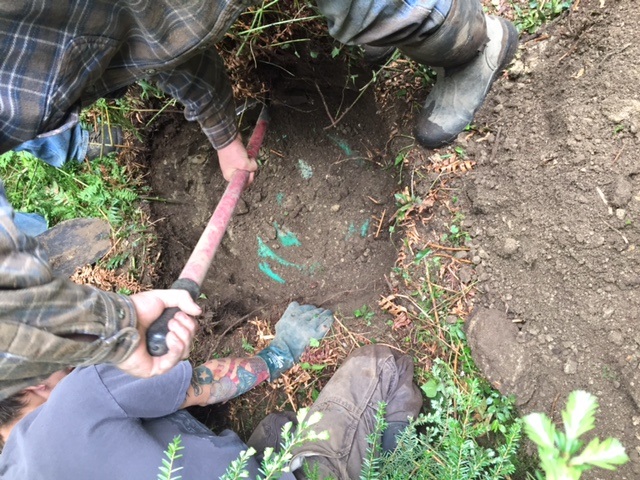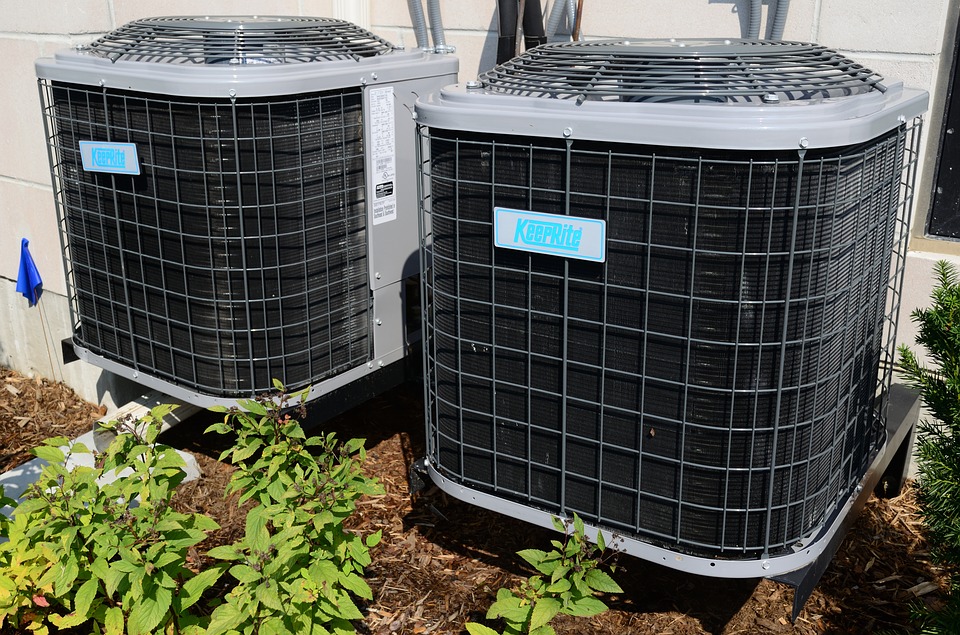
Did you know weather can impact a home purchase or sale in ways you may not have considered? The type of weather conditions possibly affecting your next real estate transaction is wide-ranging, perhaps even surprising. What kinds of weather events should you look out for in your next real estate transaction? Find out more…in this helpful Oregon real estate podcast!
Click here or on the above ‘play’ button for the audio version of this article.

One story involves my selling a home in the dead of Winter. Normally, this wouldn’t be a problem. Homes are purchased all year long. Especially in Oregon, we’re used to changing weather.
The Case of the Winter Roof Replacement
I was working with a homebuyer client and after having our offer accepted, we worked through the usual inspections and investigations to confirm the property was as good as it appeared. We were encouraged, because aside from the roof, everything else appeared normal. Plus, we’d already worked out an arrangement with the seller to address the roof.
Before long, loan documents were about to be ordered, yet I soon found there remained one item to complete. Problem was, it wasn’t going to be easy. I was in my office when I received the lender’s phone call. After some small talk about the snow, he got right to business.
“Roy, I just received notice of an issue on this current transaction from the underwriter.”
“Okay,” was my reply, not sure about the source of concern. “What’s the issue?”
“It’s the roof. We can’t close this transaction unless the loan underwriter is satisfied…and the roof needs replacing.”
While snow typically doesn’t interrupt all that much in many parts of Oregon, one exception is when the lender requires an entire roof to be replaced and there are several inches of snow on top of the roof, with more snow to come. So what’s a home seller to do?
Knowing the weather wasn’t expected to let up anytime soon, we discussed the upside and downside of a delay until the storm cleared.
Fortunately, there was a work around on this particular transaction. Since there was no sign the weather would be letting up anytime soon, we came up with a creative option. The two magic words? ‘Escrow holdback.’ What’s an ‘escrow holdback’ you might wonder? Well, during situations like this, they can come in handy.
An escrow holdback is a mechanism that allows a real estate sale to close, with the ‘hold back’ of pre-agreed funds for an item like a roof repair held by the escrow company closing the transaction. In the case of this particular home sale, the lender agreed to allow the transaction to go through, as long as an amount comprising 150% of the roofing bid was set aside for completion within a set period after closing. So the home sale went through. The end result? The buyer was happy, the seller was happy and so was the lender.
Bad Weather: The Buyer’s Advantage
We all know that winter weather, extreme cold, and more than a few all-day rain showers can keep potential buyers away. But have you ever stopped to consider that inclement weather is actually an advantage to homebuyers? Besides reducing the number of other competing buyers who don’t wish to deal with bad weather, there’s also no better time to confirm a roof isn’t leaking, or determine if a sump pump is operating correctly. Yet every season has its advantage and this strategy isn’t foolproof. For example, don’t expect your home inspector to detect live ants or other cold-blooded creatures in the dead of Winter, because they’ll be hibernating.

Septic Systems
Another potential weather-related real estate issue—especially in Oregon—involves serious rain. For homes with septic systems, it’s common to delay septic inspections until drier weather. That’s because over-saturation of soil with rain can render septic fields more difficult to inspect.

Heat Pumps & Air Conditioners
Another possible weather related real estate issue involves home inspections for homes with a heat pump or air conditioner. Cooling units are designed to operate in warmer temperatures. In colder weather, the refrigerant may begin to condense and liquefy within the compressor and damage the valves or piston. The compressor is designed to compress gaseous refrigerant, not liquid refrigerant. Given this possible damage to the compressor, many home inspectors won’t test cooling units when it gets much colder than around 60 degrees.
The Buyer Equation
One more factor to consider in how weather can affect real estate in Oregon is buyer behavior. The simple fact is that it’s generally more pleasant to view homes during nice weather. Unpleasant weather, whether it’s extreme cold or all day rain can dampen real estate activity. However, this also underscores the importance of understanding that when bad weather hits and buyers are looking for a house in and sellers have their home for sale, the motivation for both may be higher than usual.
Motivation
A big help when buying or selling a home in the ‘off season’ is that it often means the parties are more motivated, especially in Oregon where seasons are relatively distinct. This can mean a higher likelihood of collaboration and not ‘sweating the small stuff.’ Expect transactions to go smoother when both parties are willing to look at the ‘big picture’ and therefore be more understanding if certain weather related issues turn up during the process. Others often wait until the weather improves, underscoring the ‘fair weather’ mindset that isn’t always ideal in making a real estate transaction mutually agreeable and ‘win-win.’ This phenomena can vary in other markets where seasonal weather changes are less distinct.

School Year
Some homebuyers and homesellers link their move to the school year. This makes sense, since it’s unusual for families to simply pick up and move while school is in session. In such instances, weather can tend to be less of a factor, since these moves frequently occur during relatively fair Oregon weather.

The Market
While it’s not the norm, keep in mind that sometimes cold Winters are busier for real estate than Summer. How might this happen? Take the market recession that began around late 2007. During the following years as housing inventory ballooned to more than thrice normal levels, home prices plummeted, making a merely stagnant market actually look good. When buying or selling a home, a factor far more important than weather remains housing supply. If you’re in a buyer’s market, it’s good to be a buyer. If you’re in a seller’s market, it’s better to be a seller. Yet like weather, some factors like housing inventory is not one we can individually influence. The good news? Like bad weather, bad real estate markets have a way of not lasting forever.

Buying or Selling an Oregon Home?
Contact Certified Realty, Oregon’s choice since 1950 for a free consultation using the form below.